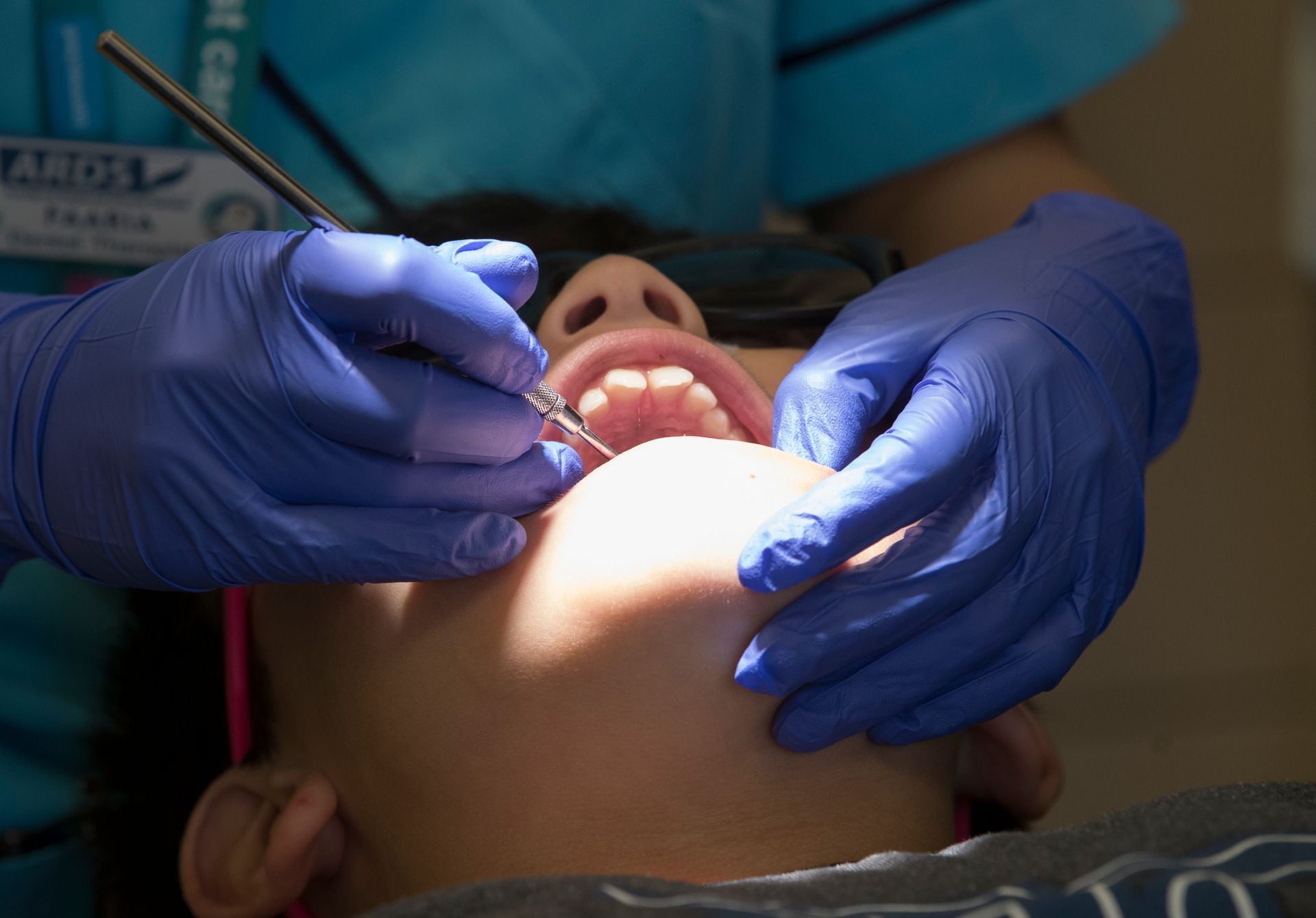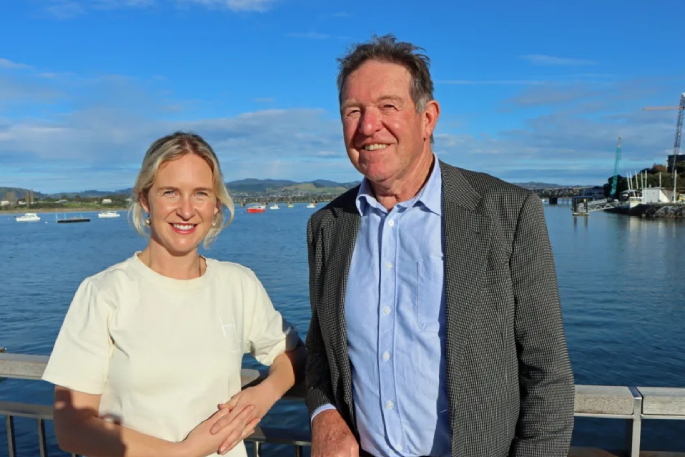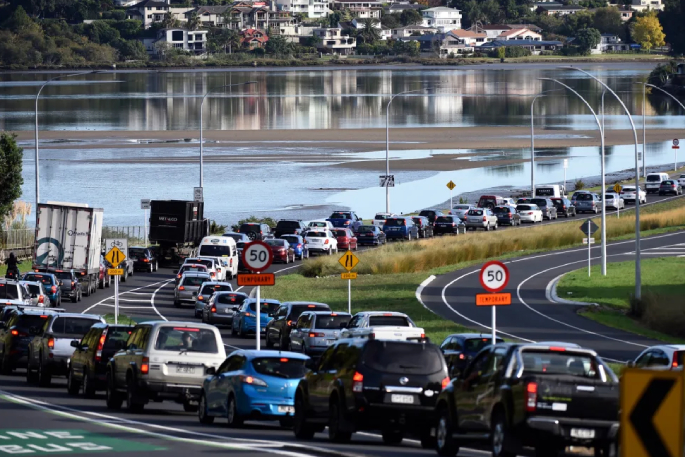
Tauranga’s new council must decide whether to continue work to fluoridate the city’s water or try for an extension ahead of a looming deadline, otherwise it risks large fines.
At a meeting on Monday, the council will consider whether to start adding fluoride to the water supply from mid-September to comply with the November 30 deadline set by the director-general of health.
Beginning in September would allow for testing ahead of full fluoridation.
If the council doesn’t comply with the fluoridation order it faces a potential fine of up to $200,000 and, if the non-compliance continues, it could be fined up to $10,000 per day.
A report from council staff recommended continuing with the “well-progressed” fluoridation work and investigating options to provide a non-fluoridated water supply for those wanting it.
In July 2022, the director-general of health directed the council to fluoridate the city’s water supply by November 30 this year.
Tauranga was one of 14 councils given the directive.

Health experts say fluoride is a safe and effective method of preventing tooth decay. Photo / NZME
Western Bay of Plenty District Council failed in its bid for an exemption last year and must fluoridate by July 31, 2025.
Fluoridation is considered safe by the Ministry of Health and World Health Organisation and it is seen as an effective and affordable public health measure to improve oral health.
However, the move to fluoridate water has sparked opposition across the country.
Supporters of the Fluoride Free NZ group spoke at numerous community board and Tauranga council meetings when the city considered its fluoridation options.
In the past, Tauranga City Council has taken the position that fluoridation decisions are a health issue and should be made by the Ministry of Health, rather than local authorities.
As a result, Tauranga City Council’s water supply has been unfluoridated since 1992, the report from staff says.
An option in the report says the council could ask for an extension of the November 30 deadline.
This would allow time for a judicial review to be completed in 2025.
This follows New Health New Zealand Inc’s legal challenge of the director-general of health’s fluoride directive, which led to the review.
In November 2023, a High Court judgment questioned whether the direction to fluoridate water considered the Bill of Rights. The director-general of health’s analysis of this is ongoing.
The director-general of health and the Attorney-General have appealed the decision, which is scheduled to be heard in June 2025.
In February, Justice Radich issued a High Court judgment that confirmed the existing directions to fluoridate were legal and valid unless revoked by the director-general of health.
The staff report also says an option for the council was to ignore the fluoridation direction, but it would risk being fined.
The council would receive $3.4 million from the Ministry of Health for the works required to fluoridate, provided it achieved one month of continuous fluoridation operations by November 30.
Ferry fares

Amy and Peter Bourke of Hauraki Express hope to run a ferry service in Tauranga. Photo / Alisha Evans
On Monday, the council will also consider funding for fare subsidies for a proposed ferry service between Tauranga and Mount Maunganui.
Auckland water taxi company Hauraki Express has asked the city council and Bay of Plenty Regional Council for $1.4 million each over two years.
The company is prepared to build two ferries for the service if local councils are willing to subsidise the fares.
The ferries would run from Salisbury Wharf in downtown Mount Maunganui to Tauranga city centre.
Easing congestion
 The 15th Ave to Welcome Bay project aims to reduce congestion by adding a "tidal flow" lane to the Hairini Bridge and causeway. Photo / George Novak
The 15th Ave to Welcome Bay project aims to reduce congestion by adding a "tidal flow" lane to the Hairini Bridge and causeway. Photo / George Novak
City councillors will also decide whether to endorse the business case for the 15th Ave to Welcome Bay project to be submitted to NZ Transport Agency for funding.
The project aims to reduce congestion between 15th Ave and Welcome Bay by adding a third “tidal flow” lane to the Hairini Bridge and causeway.
Water, wastewater and stormwater infrastructure would also be upgraded.
Mayor Mahé Drysdale says in a statement resolving congestion on this route would improve access to the city centre and help the economic growth of Tauranga.
The three-lane option made the best use of the existing bridge and offered good value for money, he says.
The meeting is at 9.30am on August 26 at the Bay of Plenty Regional Council.
It will be open to the public and livestreamed.
- LDR is local body journalism co-funded by RNZ and NZ On Air.


5 comments
Hmmm
Posted on 26-08-2024 09:00 | By Let's get real
Playing God and ignoring public opinion...?
@an alias
Posted on 26-08-2024 15:00 | By Let's get real
You're happy to have additives and chemicals added to just about every grocery item on the shelves, including potassium bromate and glyphosate in your bread, but don't want a naturally occurring helpful substance in your water...?
Try reading the listed ingredients on the side of a pack of beer, a packet of cereal or some of the other shopping items that you throw into your basket without thinking.
Properly managed floride is beneficial to our children's health, just like folic acid that has recently been added to your bread.
About time
Posted on 26-08-2024 16:22 | By Informed
This should have happened years ago. Crazy that in this day and age we haven't put this basic protection in place.
@Lets get real Just take your pills then
Posted on 27-08-2024 08:50 | By an_alias
Its pretty simple my friend, you have the choice now, go and take your fluoride pills. Cheap and easy. Best of all you dont have to medicate the whole population.
My advice is to wash your fruit and veges or better yet start growing some of your own.
My kids have never had a single filling so your fluoride ideas don't fly.
Folic acid in your bread at levels that will make no difference if your pregnant.
Try making your own bread, super easy and no extra to be had. Well you being you could add fluoride and folic acid if you want.
@an alias
Posted on 27-08-2024 10:19 | By Let's get real
Can I assume that your children, who have never had a filling, were raised between 1963 and 1986 or between 1990 and 1992, when fluoride was added, by those responsible councils, to the town water supply.
I don't believe that scaremongering is the way to improve public health. Medical professionals and proper research are much more important than hearsay and anecdotes.
Leave a Comment
You must be logged in to make a comment.